


During his six-year tenure, RBI Governor Shaktikanta Das successfully steered India's monetary policy through various challenges, including the COVID-19 pandemic. Through measures such as a loan moratorium, lowering of repo rates, and loan restructurings, Das helped revive the Indian economy. His leadership also saw significant progress in digital finance and inclusive digital payments, making strides towards financial inclusion. His strict regulatory measures improved the health of the Indian banking sector and lowered inflation levels, contributing to a stable economy.
Shaktikanta Das: A Pioneer in India's Monetary Policy
Background
Shaktikanta Das, an accomplished economist and former bureaucrat, was appointed as the 25th Governor of the Reserve Bank of India (RBI) on December 11, 2018. Since taking office, Das has played a pivotal role in navigating India's monetary policy through a series of unprecedented challenges.
Prior to his appointment at the RBI, Das held various key positions within the Indian government, including Economic Affairs Secretary in the Ministry of Finance and Chairman of the 15th Finance Commission. His extensive experience in economic policymaking and public administration has proved invaluable in guiding the RBI's response to the ongoing COVID-19 pandemic and other economic headwinds.
Accomplishments as RBI Governor
Under Das's leadership, the RBI has implemented a series of measures aimed at mitigating the economic impact of the COVID-19 pandemic. These measures include:
These interventions have helped revive economic growth, stabilize the financial system, and protect the livelihoods of millions of Indians.
Digital Finance and Financial Inclusion
Das has also prioritized digital finance and financial inclusion during his tenure as RBI Governor. He has introduced initiatives such as:
These efforts have significantly increased access to financial services, particularly for those who previously faced barriers to traditional banking.
Banking Sector Regulation
Das has emphasized the importance of maintaining a sound and stable banking sector. Under his guidance, the RBI has implemented stricter regulations for banks, including:
These measures have improved the resilience of the Indian banking system and restored confidence in the industry.
FAQs
Q: What is the repo rate and why is it important?
Q: How did the RBI respond to the COVID-19 pandemic?
Q: What is UPI and how has it impacted digital payments in India?
Q: How has the RBI's regulatory framework for banks evolved under Das's leadership?
Q: What are the RBI's long-term goals for India's monetary policy?
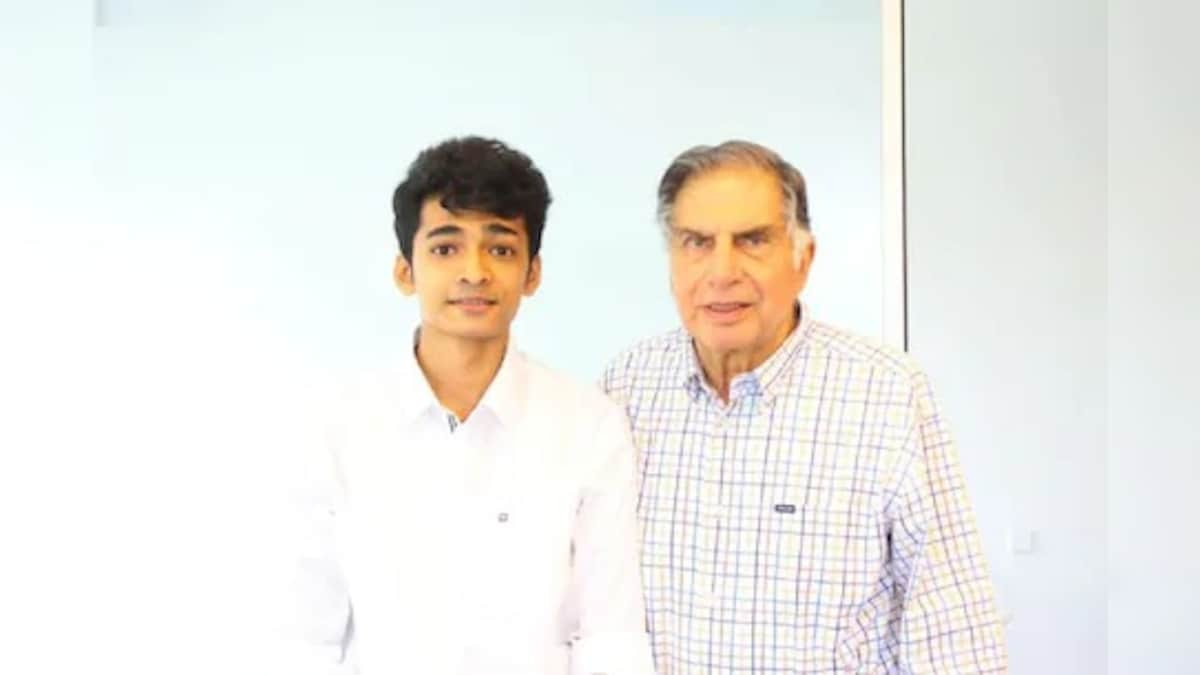
Shantanu Naidu, a close confidante and friend of the late Tata Group chief Ratan Tata, has now been promoted to General Manager and head of Strategic Initiatives at Tata Motors. Naidu, who previously worked as an executive at Tata Group, took to LinkedIn to announce the news and shared a heartfelt note, expressing his gratitude to his father and the company. Naidu's new role marks a full circle in his life, as his father used to work at Tata Motors and Naidu himself completed his graduation from Pune University in 2014.

Shantanu Naidu, an MBA graduate and longtime associate of Ratan Tata, has been appointed as the General Manager and Head of Strategic Initiatives at Tata Motors. Naidu, who shares a deep connection with the Tata Group, reflected on his father's past employment at Tata Motors and his own unexpected journey to working with the tycoon. Their bond goes beyond professional, as Tata named Naidu as his Executive Assistant and supported his NGO, Motopaws. Naidu's new role highlights the close relationship between the two and their shared commitment to socially impactful projects.

After its debut on the stock market, ITC Hotels' shares were removed from the benchmark Sensex and other BSE indices, causing a drop in its share price. The demerged entity of FMCG conglomerate ITC had seen a volatile start, with shares dropping for the fourth consecutive session. The demerger was part of a larger plan by ITC to allow its hotel business to focus on growth and maximize shareholder returns.

Allegion, a leading global security products and solutions company, announced its acquisition of Next Door, a privately held business, to strengthen its presence in the Americas. The acquisition includes Next Door's brands and assets, and will be overseen by Allegion's senior vice president Dave Ilardi. Next Door's owner, Justin Schechter, will join Allegion to assist in the transition and drive growth for both companies. The terms of the deal have not been disclosed.

Kalyan Jewellers, one of India's largest jewellers, reported a significant increase in consolidated net profit for the third quarter of the 2024-25 fiscal year due to strong sales. The company's stock saw a surge of nearly 13%, reaching Rs 496.80 on the BSE and Rs 496.85 on the NSE. With a 40% increase in total income and plans for expanding showrooms, Kalyan Jewellers is set to end the financial year on a high note.
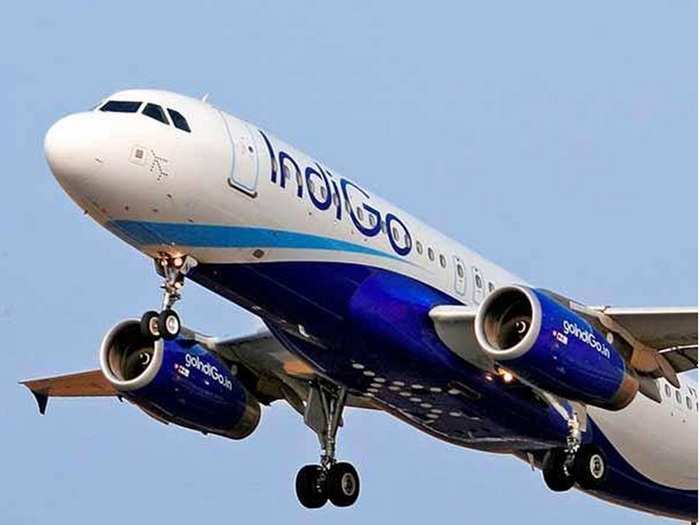
Get ready to invest as two companies, Dr Agarwals Healthcare and Malpani Pipes and Fittings, are all set to launch their initial public offers this week worth a combined total of Rs 3,053 crore. Dr Agarwals Healthcare, a Chennai-based eye care specialist, will have an IPO worth Rs 3,027 crore, while Malpani Pipes and Fittings, which specializes in pipe fittings, will have an IPO worth Rs 25.9 crore. Both companies will open for bidding on January 29 and are expected to be listed on February 5.
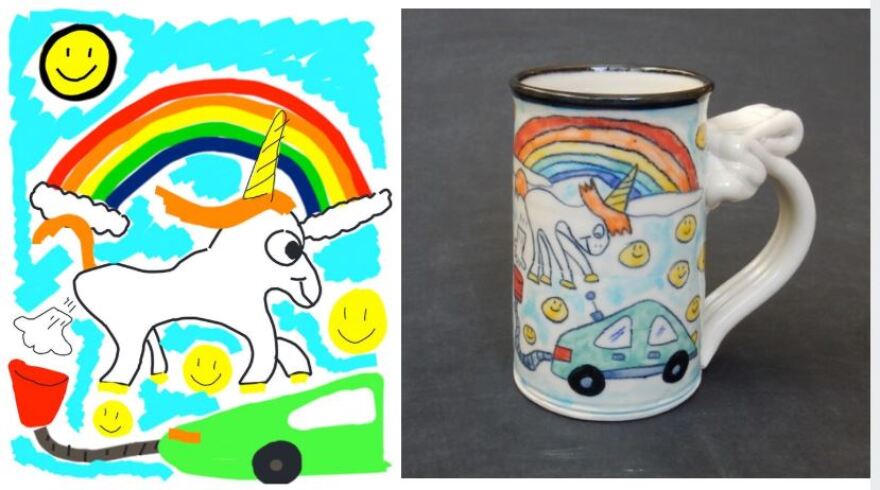
The "Farting Unicorn by Elon Musk" project is gaining attention in the crypto world with its introduction of $FU, a meme coin on the Solana blockchain. The project seeks to build a playful and engaged community through social media platforms and future airdrops. By utilizing Solana's technology, $FU aims to provide an efficient and affordable experience for its users, while also leveraging the influence of Elon Musk. Stay tuned for more updates as the project evolves.
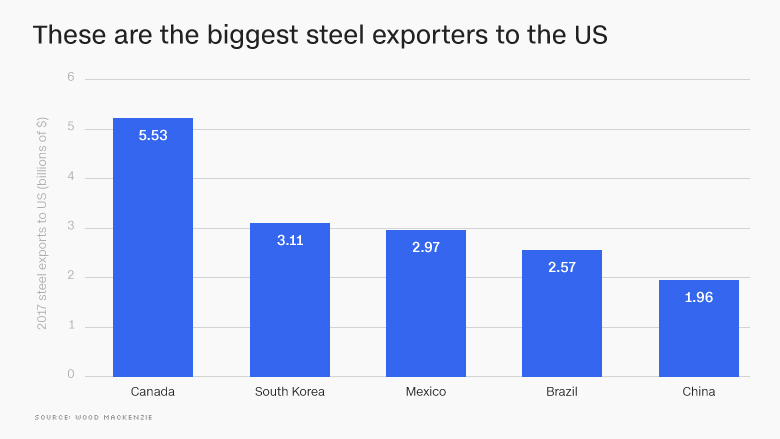
Canada has announced that it will challenge the new 25% tariffs imposed by US President Donald Trump through international legal channels. In response, Canada has also introduced its own tariffs on American products, affecting 17% of all US imports. The move is seen as a violation of trade agreements between the two countries and has raised concerns about the impact on global economic growth and inflation. Meanwhile, Nirmala Sitharaman has presented the second Budget for the BJP government, with a focus on reviving the Indian economy through healthcare, infrastructure, and privatization, though critics argue these measures should have been implemented earlier.

Samvardhana Motherson International has approved the sale of its joint venture company, Marelli Motherson Auto Suspension, to Gabriel India for Rs 60 crore. The joint venture, established in 2014 to manufacture suspension components for vehicles in India, will be transferred to Gabriel India along with fixed assets, inventory, and employees. The Indian auto component maker, which contributed 0.3% of Samvardhana Motherson's revenue in FY24, stated that the sale is aligned with their long-term strategy and will not affect their other businesses. The acquisition will expand Gabriel India's product portfolio and manufacturing capacity, positioning them for further growth in the market.
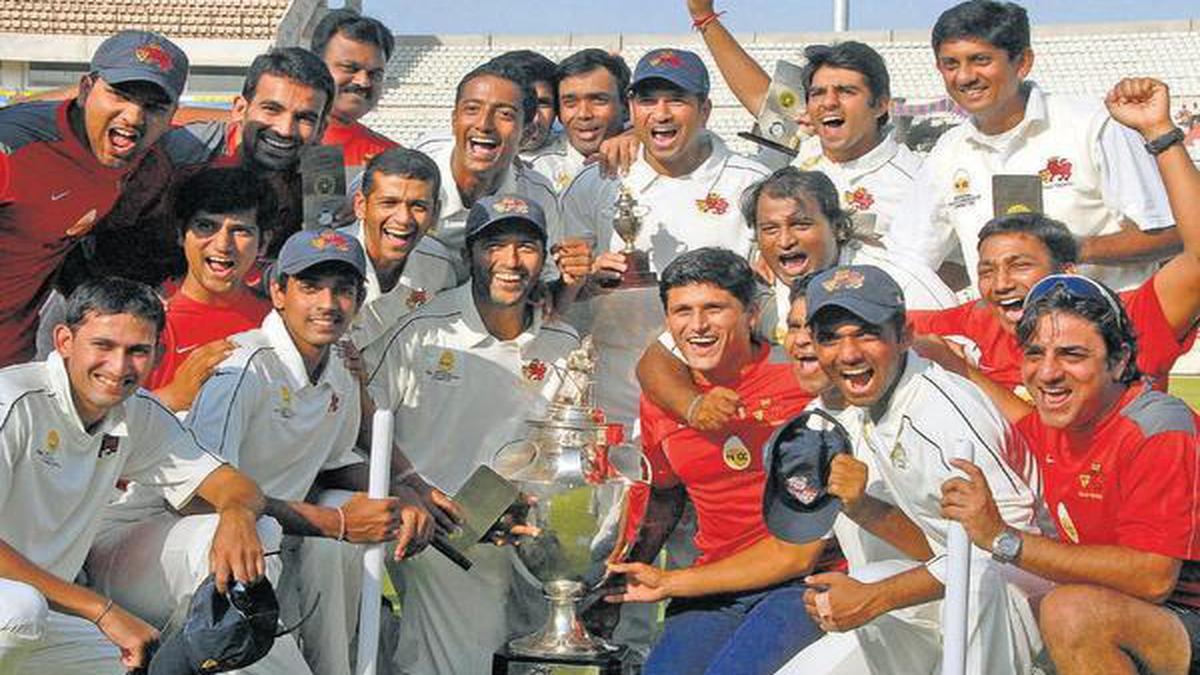
Mumbai's Ranji Trophy team receives a major boost as India T20 captain Suryakumar Yadav and all-rounder Shivam Dube make themselves available for the quarter-final against Haryana. Despite Yadav's series of low scores in the ongoing T20Is against England, his presence will greatly benefit the team. The MCA has confirmed that the two players have informed them of their availability and the selection committee will soon meet to pick the squad. Both players have been busy with national duty but have previously played for Mumbai in the Vijay Hazare Trophy and Syed Mushtaq Ali Trophy. The quarter-finals are set to begin on February 8.